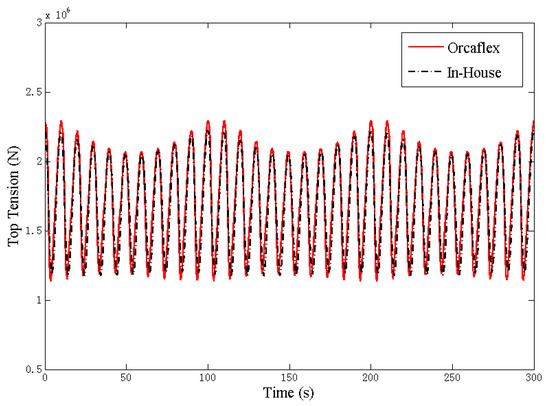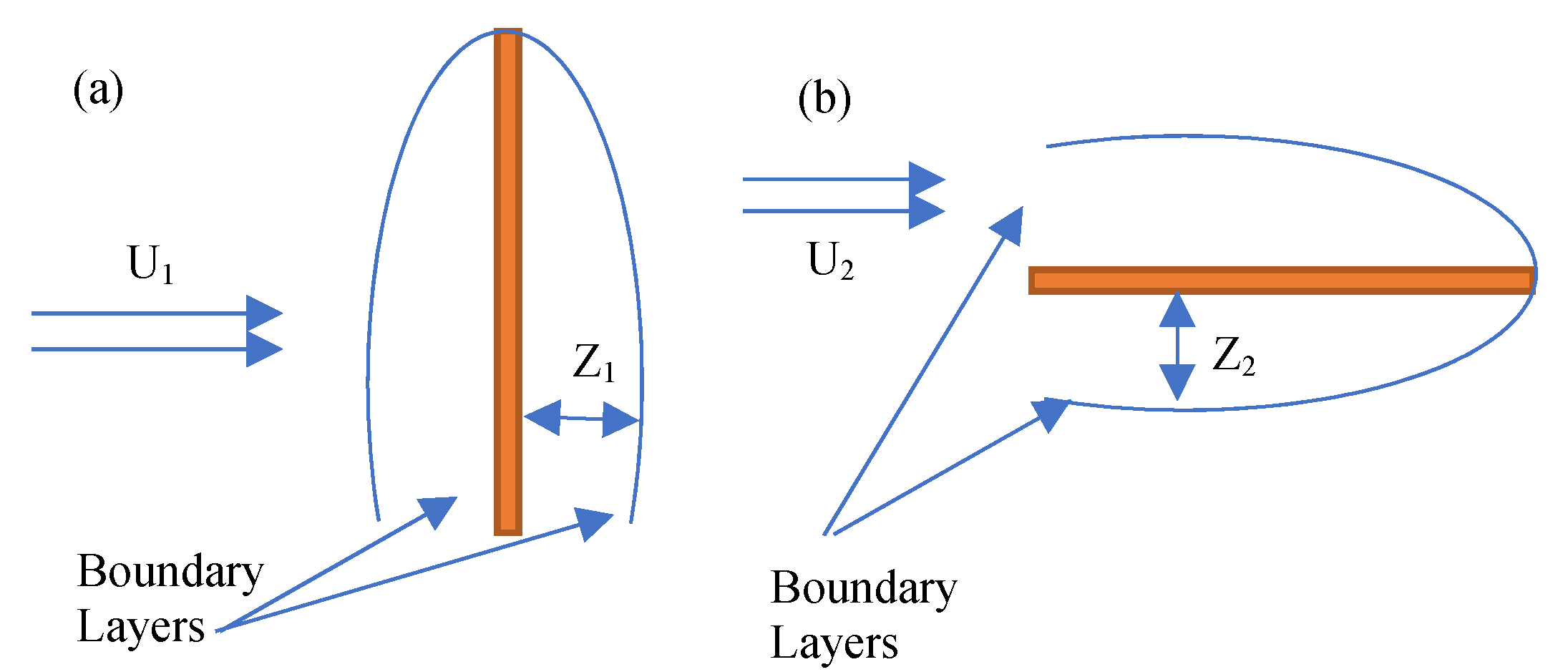

The project will take a two-pronged approach based on mathematical modelling on the one hand and laboratory experiments on the other hand. In particular, the project will examine the role of the Earth's rotation in determining wave-driven coastal circulation and its implications for transport. To do so, it will investigate the role of surface waves and the circulation these drive in transporting floating marine litter to and from the coast.

This PhD project will investigate the role of coastal zones in trapping or releasing floating plastic marine litter. This 'missing plastic' is potentially distributed along the world's coastlines.

A significant amount of floating plastic marine litter, which has entered the ocean since the 1950s, is unaccounted for in estimates of quantities found floating on the surface of the deep ocean. Coastal ecosystems can be particularly sensitive to plastic pollution, and the economic value of beaches can be significantly diminished by marine pollution. Plastic marine litter is found in almost all marine habitats, especially along the world's coastlines.


 0 kommentar(er)
0 kommentar(er)
